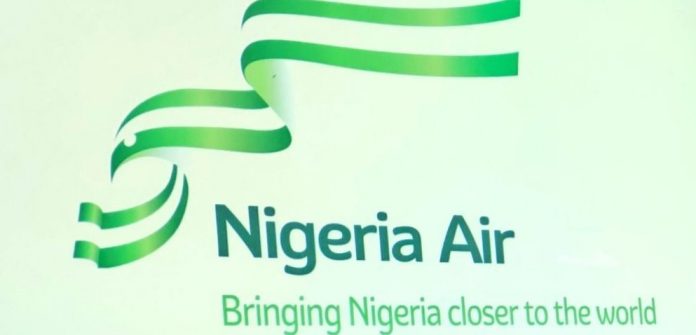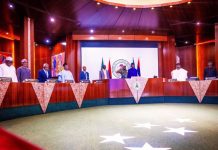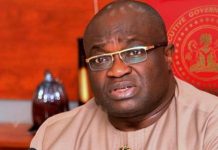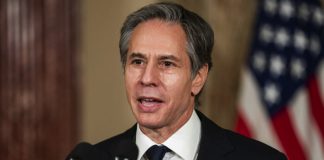As Nigerians await the launch of the proposed national carrier, Nigeria Air, some observers regard it as a misplaced priority, waste of funds and want the idea to be dropped. Another group is worried that while the federal government is investing so much in it, Uncle Sam will get just 5 percent equity as announced.
But as in most public issues in the country, many people feel the investment in the national carrier is worth the while and should be followed through to its logical conclusion. This category of people make case for the value addition on the Nigerian aviation sector as the over 70 bilateral air service agreements (BASA) routes currently unutilised could be converted into, among others, the impact on job creation as hundreds of aviation professionals will be employed, and the forex savings that will accrue when Nigerians keep their money within the country’s economy while flying Nigeria Air.
Some commentators claimed that the unveiling was largely hurried as a lot of basics had not been followed. For instance, before the unveiling and even till now, a proper company and management of the Nigeria Air has not been constituted. There is neither physical business address nor a functional website that provides basic information – such as frequently asked questions, on the Nigeria Air.
Perhaps, the physical address, with a minimal management staff that would midwife Nigeria Air should have been put in place, regardless of its management for now. This is critical as the few management staff would also be involved in building the structures; negotiating the aircraft lease and working on the several BASA routes that would be immediately activated by December 19, 2018 when Nigeria Air commences operation.
But the critics have valid points. Why should the entire gamut of the process of planning and implementation be left for the Aviation ministry? By now, there should be a panel of experts to handle the intricate aspects of the planning and negotiation with prospective investors in Air Nigeria.
It is also generally believed that the government should have appointed an Aviation Leasing Company, ALC, to precede the emergence of the national carrier. What is clear now is that the issue of a new national carrier for Nigeria is too important a task to be left alone for the Aviation Ministry or the government. Experience dictates that all those who have genuine concerns as to the success of the venture should be heard and possibly, accommodated.


















